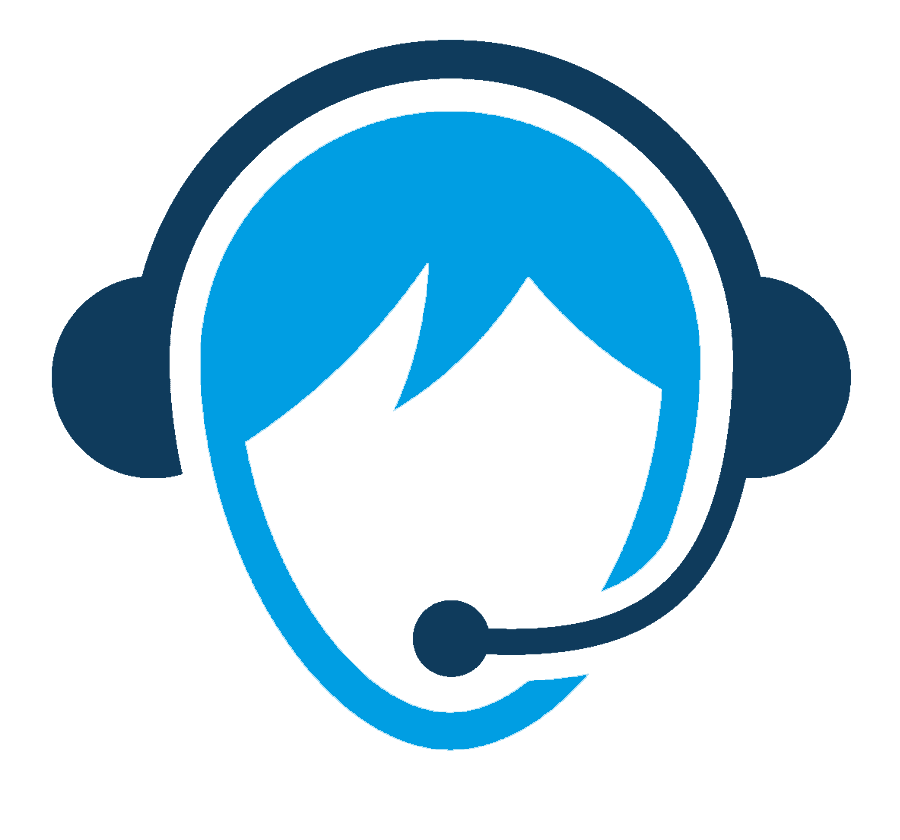Employee guidance on Coronavirus COVID-19
We are fully aware that this is a time of concern and as your employer we are sharing with you the most recent guidance from the UK government relating to Coronavirus.
We are continually monitoring and responding to the latest information and advice from Public Health England and the Government.
This page will be regularly updated with the latest information as it becomes available, so please continue referring to this page for accurate, updated advice and our response.
About the virus
A coronavirus is a type of virus. As a group, coronaviruses are common across the world. COVID-19 is a new strain of coronavirus first identified in Wuhan City, China in January 2020.
The incubation period of COVID-19 is between 2 to fourteen days. This means that if a person remains well fourteen days after contact with someone with confirmed coronavirus, they have not been infected.
Those who have fallen ill are reported to suffer coughs, fever and breathing difficulties. Generally, these infections can cause more severe symptoms in people with weakened immune systems, older people, and those with long-term conditions like diabetes, cancer and chronic lung disease.
The spread of COVID-19 is most likely to happen when there is a close contact (within 2 metres or less) with an infected person. Respiratory secretions produced when an infected person coughs or sneezes containing the virus are most likely to be the main means of transmission.
How do I avoid catching or spreading COVID-19?
Wash your hands regularly – with soap and water and for at least 20 seconds
Wash your hands when you get home or into work
Use hand sanitisers if you do not have access to soap and water
Cover your mouth and nose with a tissue or with your sleeve – not your hands – when you cough or sneeze
Used tissues should be put in the bin immediately and your hands should be washed afterwards
Try to avoid contact with people who are unwell
Do no touch your eyes, nose or mouth if your hands are not clean
Frequently asked questions
These FAQs are for guidance purposes only – please continue to refer to https://www.gov.uk/guidance/coronavirus-covid-19-information-for-the-public for up to date information.
People should stay at home for seven days if they have either:
A high temperature
A new continuous cough
The NHS is asking people to use its 111 online service if:
You cannot cope with your symptoms at home
Your condition gets worse
Your symptoms do not get better after seven days
People are asked to phone 111 only if they cannot get help online. You do not need to contact 111 to tell them you’re staying at home.
Please follow the full absence from work procedures in the usual way.
The NHS is asking people staying at home to:
Try and keep two metres (three steps) away from other people in your home – especially older people or those with long-term health conditions
Ask friends and family and delivery services to deliver food and medicine – but avoid contact with them
Sleep alone if possible
Wash your hands with soap and warm water for 20 seconds on a regular basis
Try to stay away from older people and those with long term health conditions
Drink lots of water and take everyday painkillers – like paracetamol and ibuprofen – to deal with your symptoms
Not have visitors and ask people to leave deliveries outside
Not leave the house – including going for a walk or to schools or any public places
If you are self-isolating for 14 days following advice given by the NHS, you can self-certificate for days 1 to 7 but will need a fit note to cover the remaining 7 days (as per the current requirements).
People who have returned from Hubei Province, including Wuhan, in the last 14 days should avoid attending work and self-isolate.
Advice is in place for what to do if you have returned in the last 14 days from specified countries or areas (GOV.UK, COVID-19: stay at home guidance, 2020) which is being updated on an ongoing basis.
All other staff should continue to attend work.
These staff can continue to attend work unless they have been informed that they have had contact with a confirmed case of COVID-19.
If individuals are aware that they have had close contact with a confirmed case of COVID-19 they should avoid attending work and self-isolate. Advice is in place for what to do if you have returned in the last 14 days from specified countries or areas (GOV.UK, COVID-19: stay at home guidance, 2020) which is being updated on an ongoing basis.
The latest country information is available on the NaTHNac Travel Pro website (Country Information, 2020).
There is no need for you to go home, continue to work as usual.
Read our latest employee guide on Coronavirus COVID-19 (updated regularly)
If you have any concerns that we haven’t been able to answer, please don’t hesitate to contact your line manager in the first instance or Human Resources on 020 8665 6746 ext. 4218.


